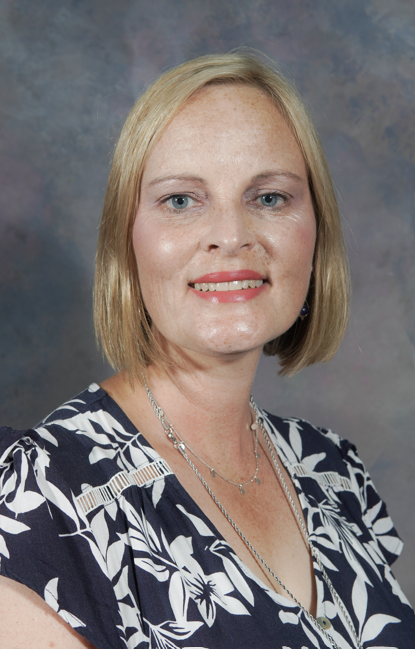Ideal Healthcare is not only about treating patients but also about being fully present for and with them. This notion was at the heart of an inaugural lecture delivered at the North-West University’s (NWU’s) Potchefstroom Campus on 8 August 2025.
Prof Tinda Rabie from the Faculty of Health Sciences presented her lecture titled “Can the light of presence in caring still shine in the health profession through wise and guiding healthcare providers? Absolutely!”
Her message focused on the concept of “presence in caring”, which she described as fundamental to healthcare practice.
“Presence means being fully there with and for the other, with your whole self,” she explained. “It is not simply emotional support but an ethical and professional imperative that restores wholeness after an injury to personhood.”
Cancer care goes beyond clinical skill
To illustrate this, she shared a reflective example from cancer care, where patients, families and healthcare providers often navigate emotional and moral challenges.
In such moments, she said, the role of the healthcare provider extends beyond clinical skill. “A wise healthcare provider combines practical wisdom, virtue, ethical sensitivity and servant leadership to guide patients through uncertainty.”
Prof Rabie drew inspiration from Florence Nightingale, the founder of modern nursing, whom she referred to as a “light carrier”. She reimagined today’s healthcare provider as a shepherd, one who carries both scientific knowledge and compassion into the lives of patients. “It is through empathy, humility and attentiveness that we sustain the light of presence in caring,” the professor added.
Presence in caring, she stressed, should be seen as a discipline that healthcare workers consciously cultivate.
“Presence in caring must become both a personal commitment and a professional practice. If we embrace it, we can begin to reshape the healthcare landscape into one rooted in compassion, trust and our shared humanity.”
The lecture formed part of the NWU’s tradition of recognising academic excellence and creating platforms for knowledge-sharing that impact both scholarship and society.

Prof Tinda Rabie
